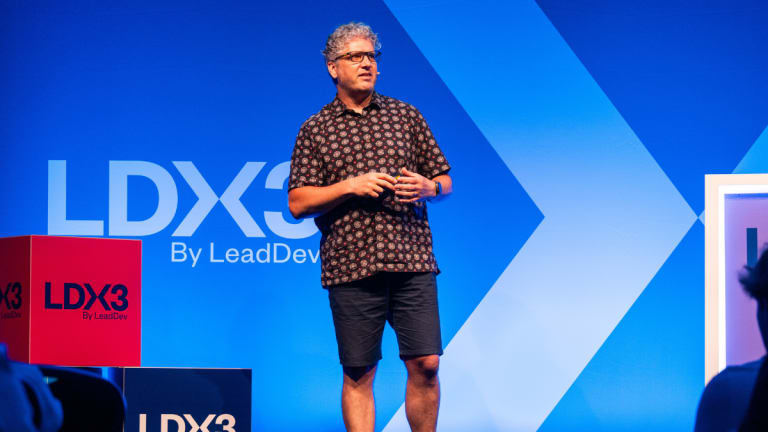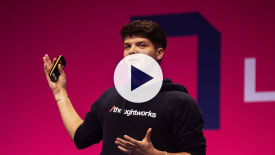Register or log in to access this video
“Just try harder” isn’t a strategy. Learn three proven approaches – monitoring bugs, managing legacy systems, and optimizing feedback loops – that empower teams to deliver better software.
More like this
“Just try harder” doesn’t solve bugs, bottlenecks, or inefficiencies in software delivery. In this talk, you’ll discover three proven strategies that go beyond working harder to help your team deliver high-quality software with less stress. These approaches combine technical practices with leadership insights, offering a holistic way to catch bugs earlier, improve team efficiency, and accelerate delivery timelines.
1. Find Bugs Before Your Customers Do
What if you could catch bugs before they ever reached users? I’ll share how my team launched a critical healthtech service with zero room for errors. Using feature flags, real-time monitoring, and parallel operation with a legacy system, we identified and resolved issues early, ensuring reliability and maintaining trust.
2. You Can’t Inspect a Fourth Leg onto a Three-Legged Table
Migrating legacy systems can feel like patching a sinking ship. I’ll explain how adopting the strangler fig pattern helped us migrate a fragile, tightly coupled platform to a scalable architecture. Through automation and streamlined approvals, we shifted from biweekly, error-prone releases to fast, reliable deployments every two days.
3. Get Feedback in the Time It Takes to Make a Cup of Tea
Slow feedback loops frustrate teams and delay delivery. Our test suite took 30 minutes, disrupting developer flow. I’ll show how we reduced feedback time to under five minutes by prioritizing critical tests, optimizing pipelines, and parallelizing processes. These changes boosted productivity, reduced stress, and reclaimed valuable development time.
Key takeaways and what to expect:
This talk is for engineering leaders who want practical strategies to improve team performance, enhance delivery reliability, and build better software. You’ll leave with actionable steps, real-world examples, and frameworks to implement these strategies, transforming how your team works and leaving “just try harder” behind.
- Gain practical examples and frameworks that improve team performance and delivery reliability.
- Learn how to implement monitoring and observability to catch bugs before they impact users.
- Understand how to manage legacy systems using the strangler fig pattern for safer, incremental migrations.
- Discover how to optimize CI/CD pipelines and test suites to reduce feedback loops and boost productivity.





